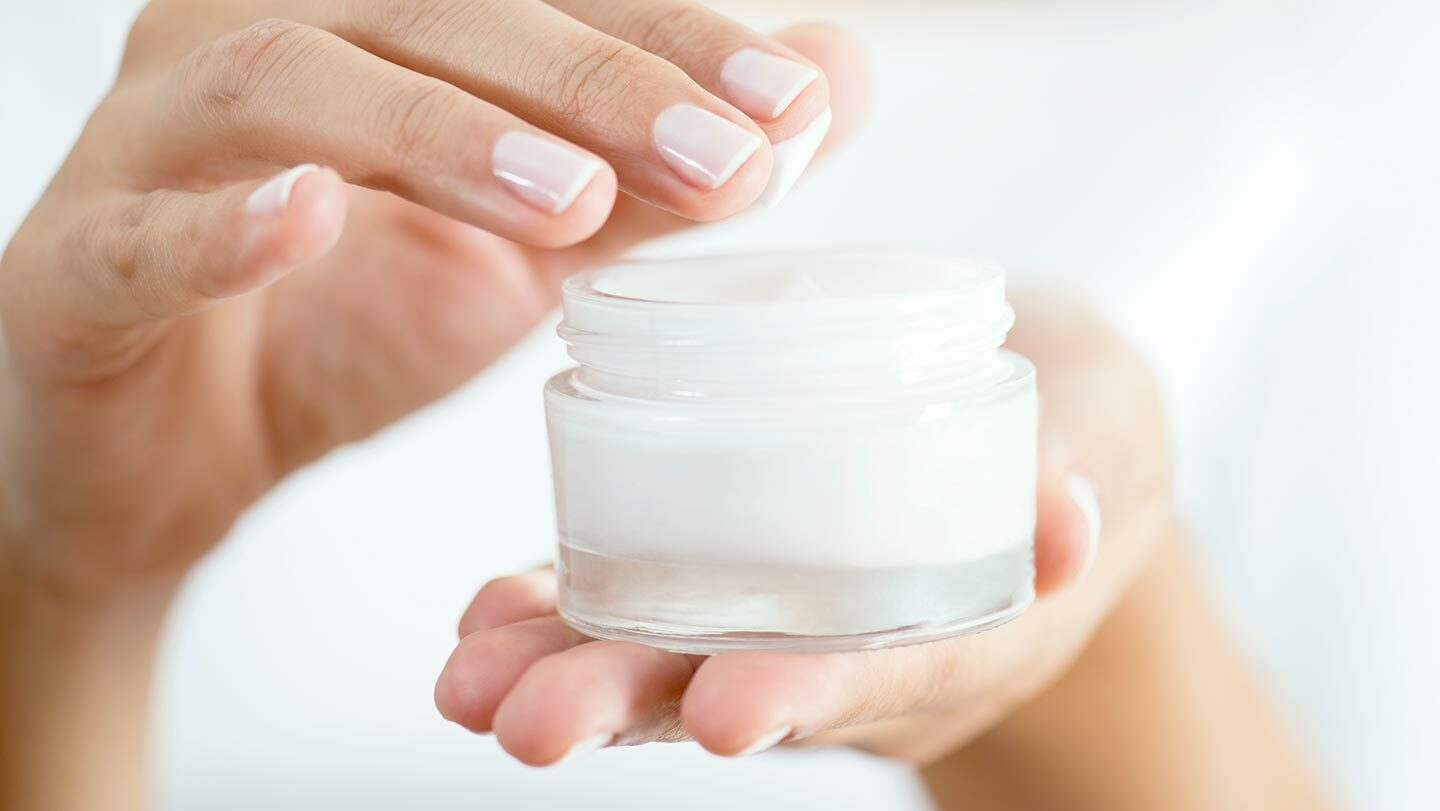Collagen is the protein that gives your skin its firmness. As you age, your body produces less, but is it possible to boost your collagen levels with supplements or skincare products?
Collagen is a naturally occurring fibrous protein found in your body. It's an essential component, providing structural support for your organs, skin, tendons, muscles, cartilage and bones. Collagen works alongside elastin and keratin to provide strength and suppleness in your skin: it is the protein that gives your skin its firmness.
As you age, the amount of collagen your body produces decreases; the collagen levels in your skin reduce, and this is what causes wrinkles.

You certainly can, but it won't do you much good. We can see why you'd want to: if lower collagen levels produce more wrinkles, wouldn't it be great if we could simply top up our collagen as we go?
The topical application of collagen (putting on a cream or patting on a lotion) is not going to increase your collagen levels. The complex collagen proteins cannot penetrate your skin; they're simply too large. The skin is a natural defence barrier; it's designed to keep large proteins out. Even if the molecules could sneak through, the molecules of pharmaceutical collagen or collagen derived from plants or animals are the wrong shape and size; they could not bond with the naturally occurring collagen in your body. A collagen-containing cream will certainly moisturise your skin and may well make it feel smoother: an effect that will last until you wash it off.
So, can we eat the stuff instead? Definitely. But the collagen in a collagen supplement won't miraculously leap straight from your stomach to your skin. Collagen has to be made by your body. The collagen you eat will go through the digestive process and be broken down into its constituent amino acids. If you want amino acids, there are cheaper places to find them: try jelly and ice cream, or a steak sandwich, or any other actual food. The collagen capsules might contain other ingredients that may encourage collagen production such as vitamin C; so do oranges.
Collagen is also used in more invasive procedures such as cosmetic surgery and dermal fillers. Injecting collagen will have an effect, and plump or fill-up the area being treated, but the results vary from person to person and do not last forever. Touch-up injections may be needed every few months. Some people, however, find that the collagen injections stimulate their body's own production of collagen, making touch-ups less frequent.

Can you encourage your body to make more of the wonder-stuff? While nothing can completely reverse or halt the hands of time, there are some things you can do to keep looking (and feeling) younger. They will help stimulate your body to produce more collagen, slow down the rate of depletion, or simply keep your skin as fresh and glowing.

Stylish Spy
23rd May 2013
Spy Likes:
Minimalist lines; organic products; facial massage; tranquillity; interesting people-watching.
Spy Dislikes:
Discarded towels on loungers; steam rooms that aren't steamy; mobile phones.
